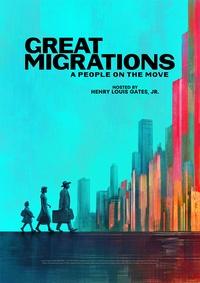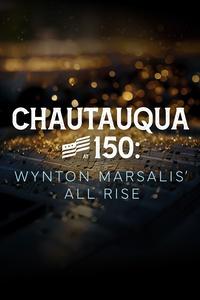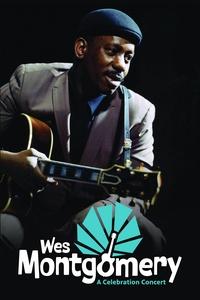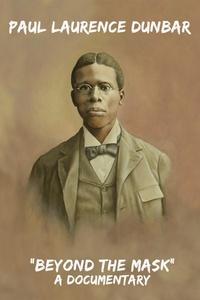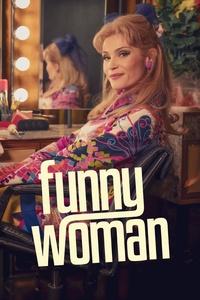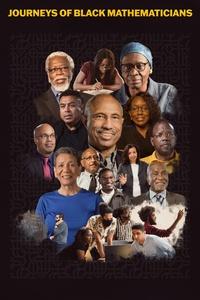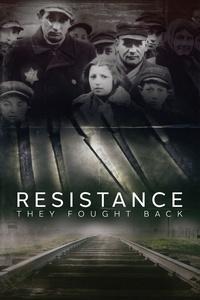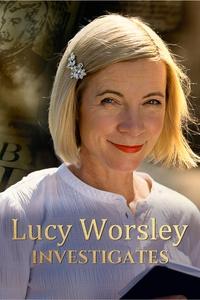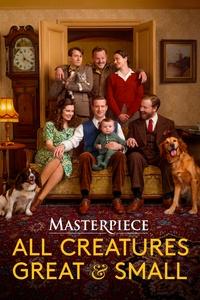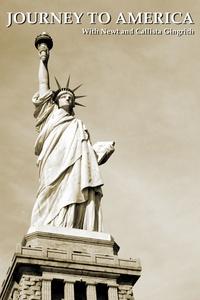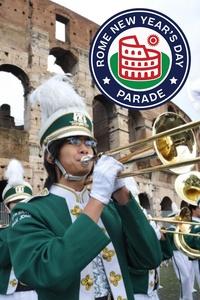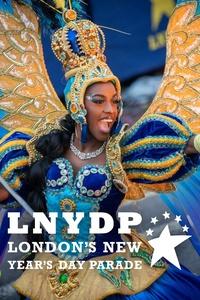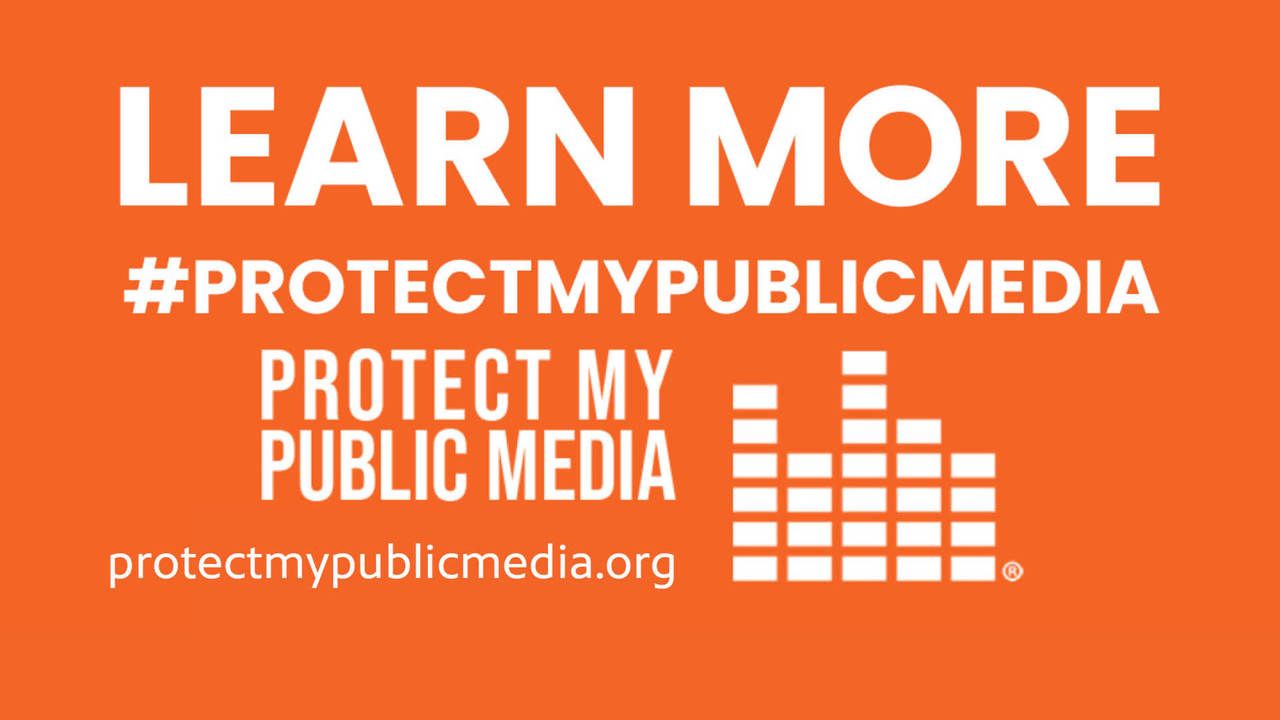A Masterpiece By Midnight (1961-Present) -
jazz
In the 1960s, jazz becomes divided into "schools" -- Dixieland, swing, bop, hard bop, cool, modal, free, avant-garde. The question of what is jazz and what isn't rages, dividing audiences, dividing musicians, dividing generations. For many, the real question is whether jazz, the most American of art forms, will survive at all. Rock 'n' roll groups dominate record sales and radio, and many jazz musicians, like Dexter Gordon, are forced to leave America in search of work. Many artists use the music as a form of social protest: Max Roach composes the "Freedom Now Suite"; Charles Mingus makes his mark with overtly political recordings. John Coltrane records prolifically and appeals to broad audiences before his untimely death at age 40. Saxophonist Stan Getz helps boost a craze for bossa nova music. Great singers celebrate the essential contribution of vocalists to the development of jazz. The avant-garde movement creates innovative music but appeals to an increasingly limited audience. By the late l960s, jazz is struggling to find its way. In the early l970s, Louis Armstrong and Duke Ellington pass away. Miles Davis, after forming his most innovative acoustic jazz group, leads a movement of jazz musicians who incorporate elements of rock and soul into their music in an attempt to appeal to a wider audience. "Fusion" wins listeners, but alienates some dedicated jazz fans. By the mid-80s, jazz begins to bounce back; it's heard in concert halls, on rap records, in film scores and in television commercials. Jazz musicians continue to practice, perform, record, disagree, improvise and jam. As it approaches its centennial, jazz is still alive -- and still changing.
Duration: 1 hour 56 minutes and 46 seconds
Episode Number: 110
No future air times were found for this episode.
About Jazz:
Jazz is born in the unique musical and social cauldron of New Orleans at the turn of the 20th century, emerging from several forms of music, including ragtime, marching bands, work songs, spirituals, European classical music, funeral parade music and, above all, the blues.
Musicians who advance early jazz in New Orleans include Creole pianist and composer Jelly Roll Morton, cornetist Buddy Bolden and clarinet prodigy Sidney Bechet.
Composer W.C.
Handy codifies the blues through his popular compositions.
The Original Dixieland Jazz Band makes the first jazz recordings.
Their enormous popularity spreads the sounds of jazz across the country and, eventually, the world.
At the end of the episode, viewers meet an 11-year-old New Orleans boy, Louis Armstrong, who will emerge from the city's toughest streets to become jazz music's greatest star and transform American music.
Watch Jazz - Clips, Episodes & Previews
NHPBS Over-the-Air Broadcast
WENH-TV Ch. 11 Durham
WLED-TV Ch. 48 Littleton
WEKW-TV Ch. 18 Keene
W50DP-D Ch. 50 Hanover
W34DQ-D Ch. 34 Pittsburg
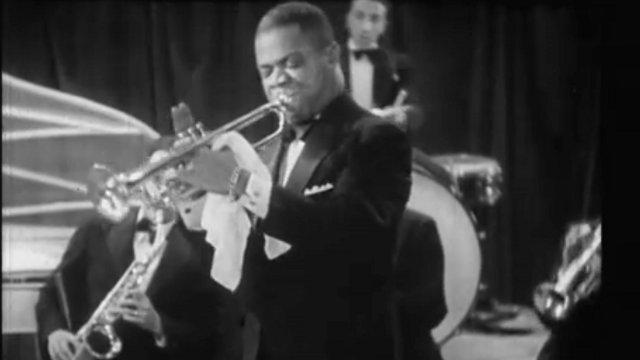 Louis Armstrong Returns to Europe
Louis Armstrong Returns to Europe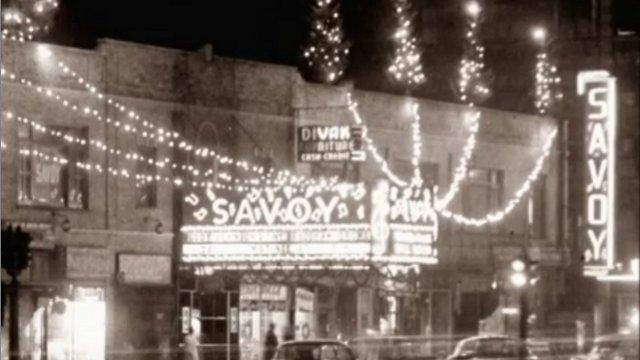 The Savoy Ballroom
The Savoy Ballroom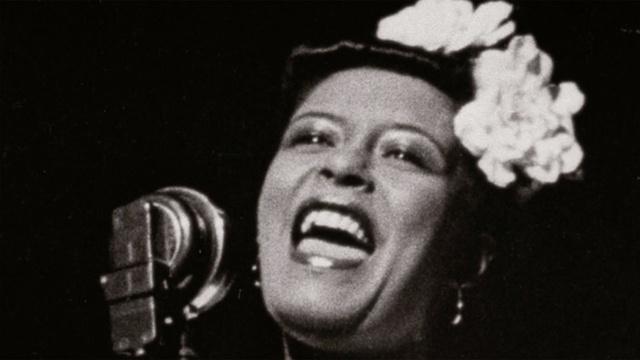 Swing: The Velocity of Celebration
Swing: The Velocity of Celebration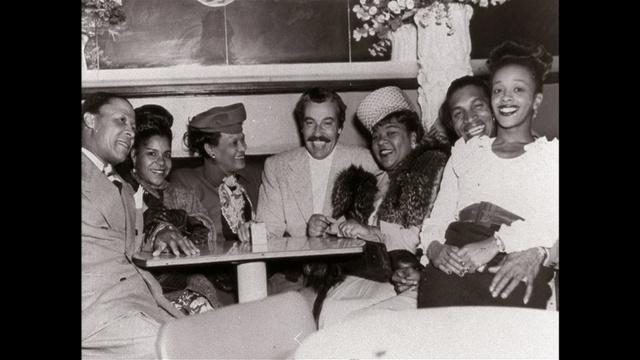 Swing: Pure Pleasure
Swing: Pure Pleasure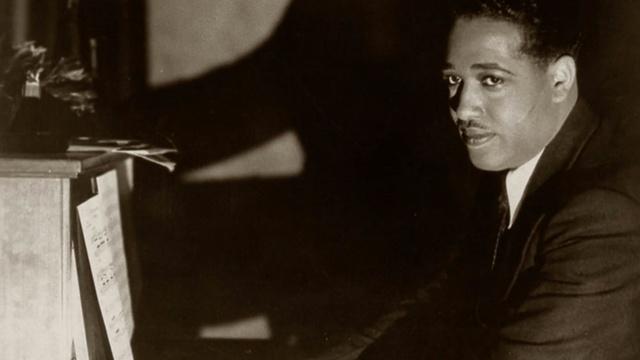 The Gift
The Gift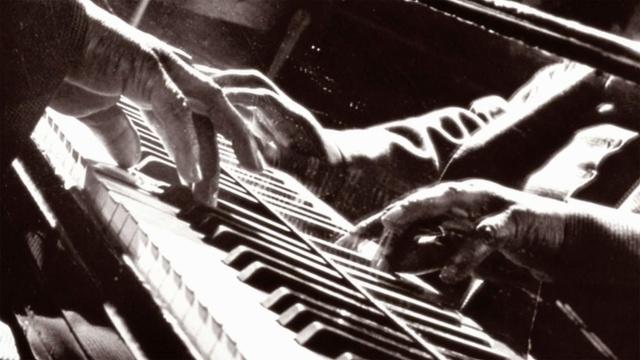 The True Welcome
The True Welcome



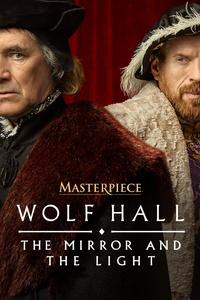


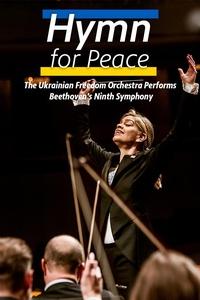
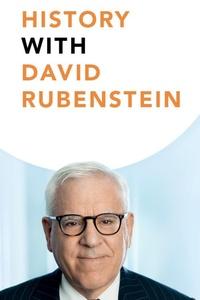


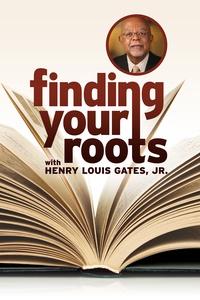
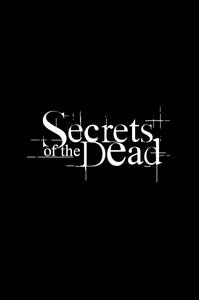
![American Masters | The Disappearance of Miss Scott [ASL]](https://image.pbs.org/contentchannels/4/DQonQiQxfoWZiaPvAsVCw.jpg.resize.200x300.jpg)



